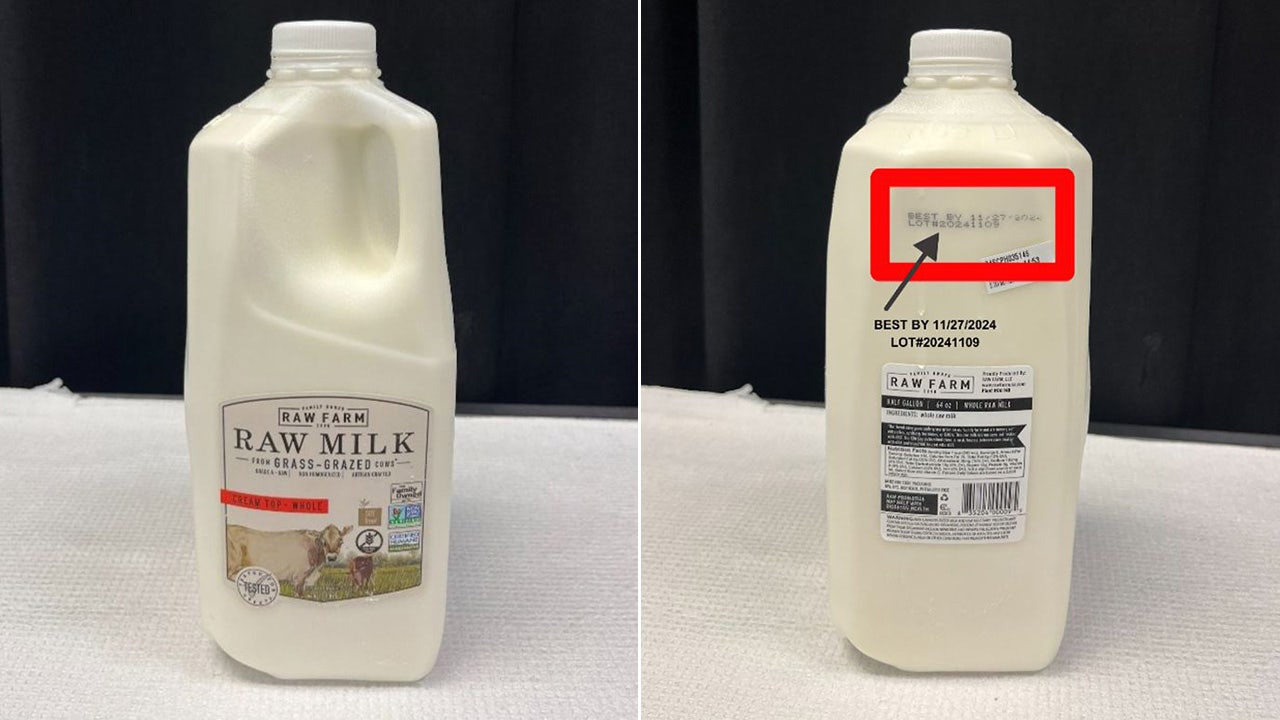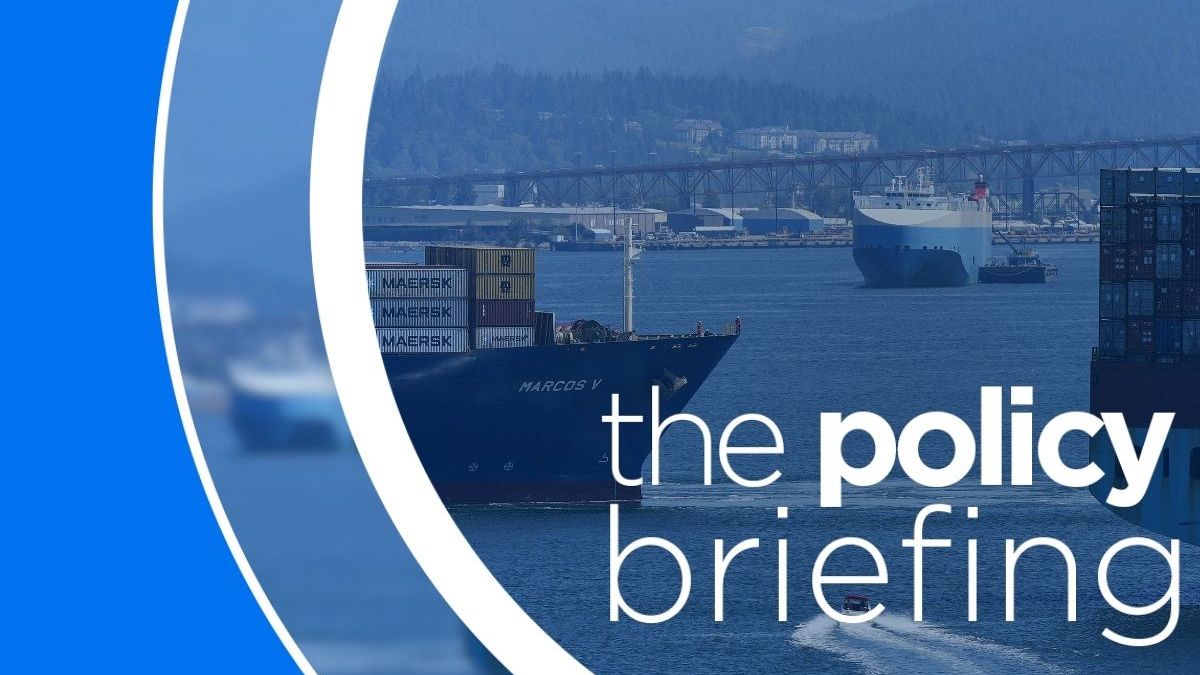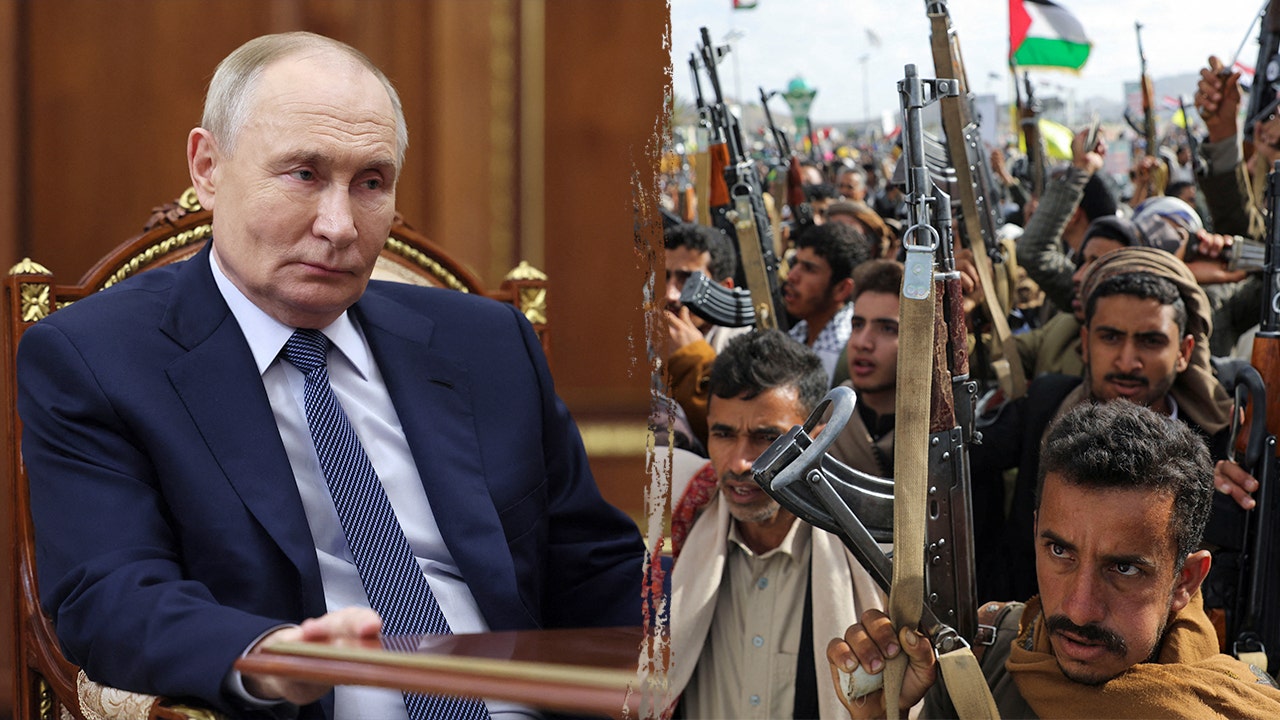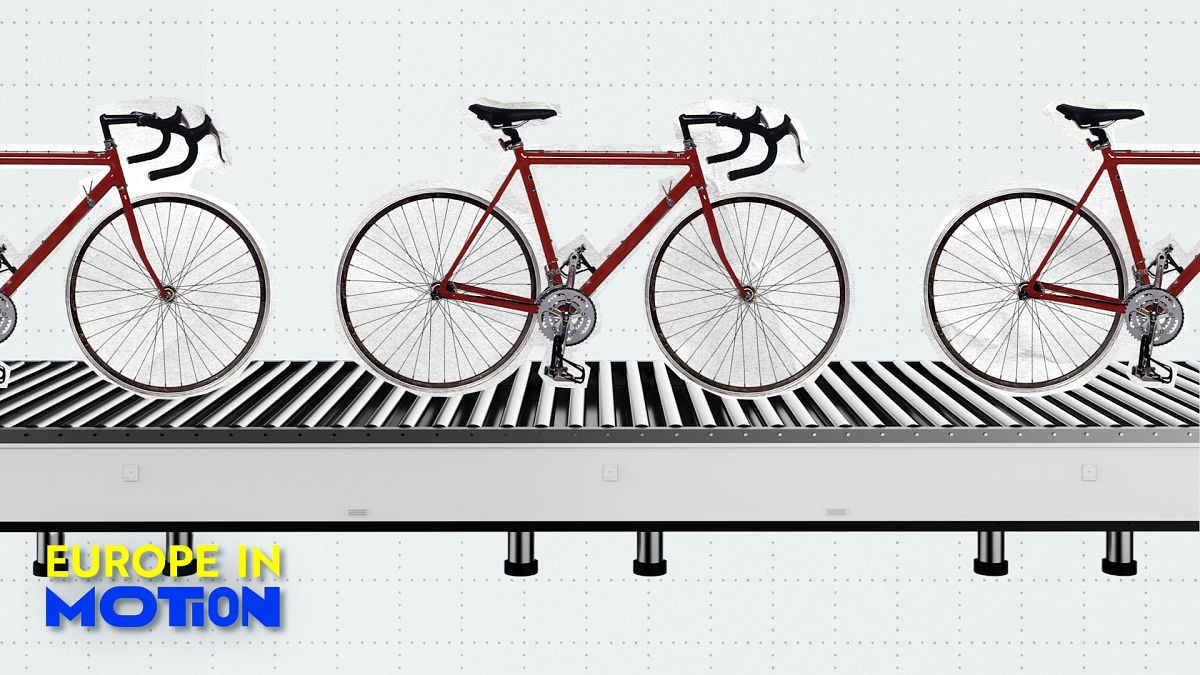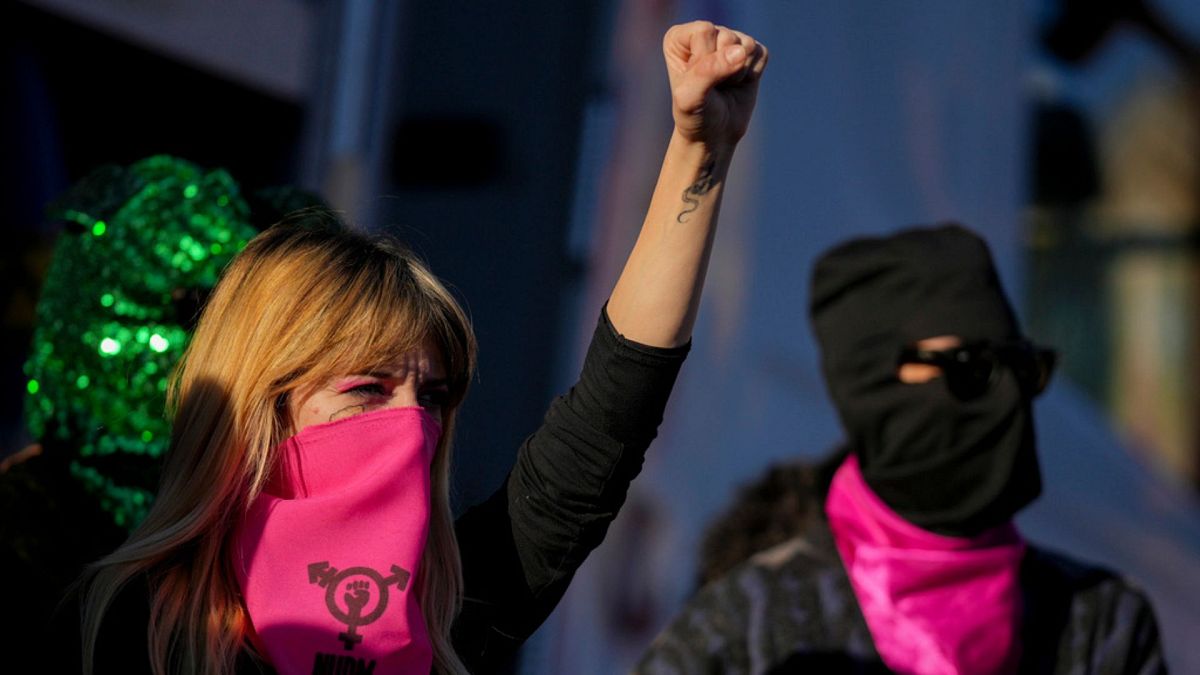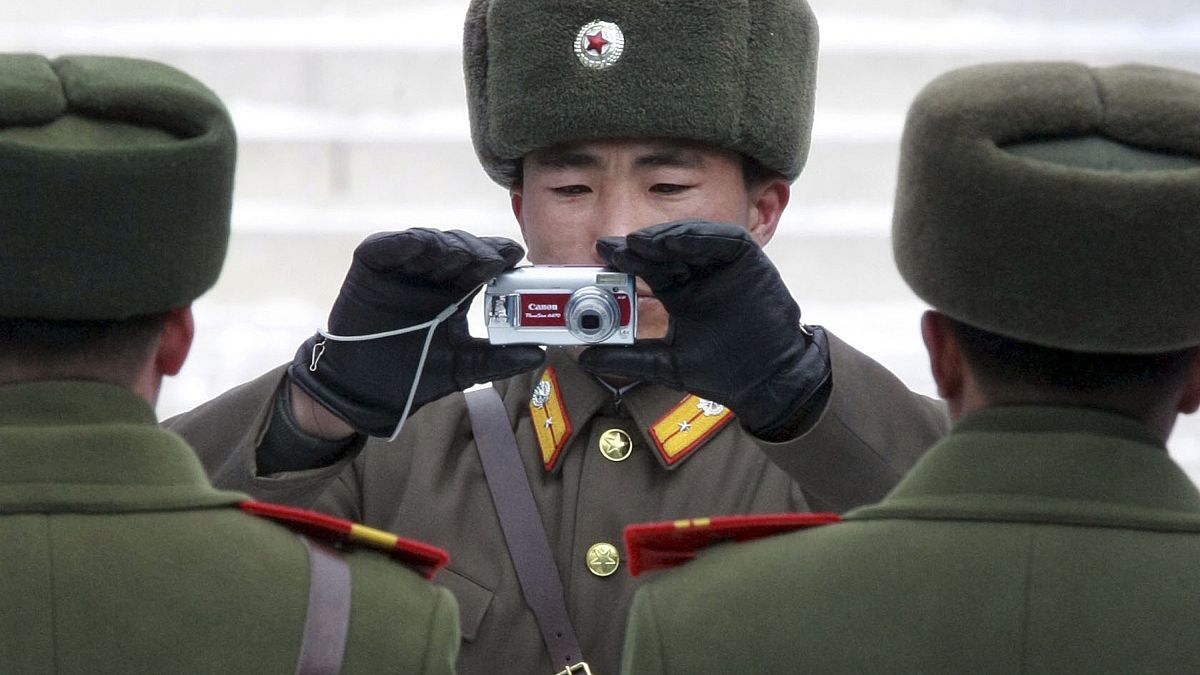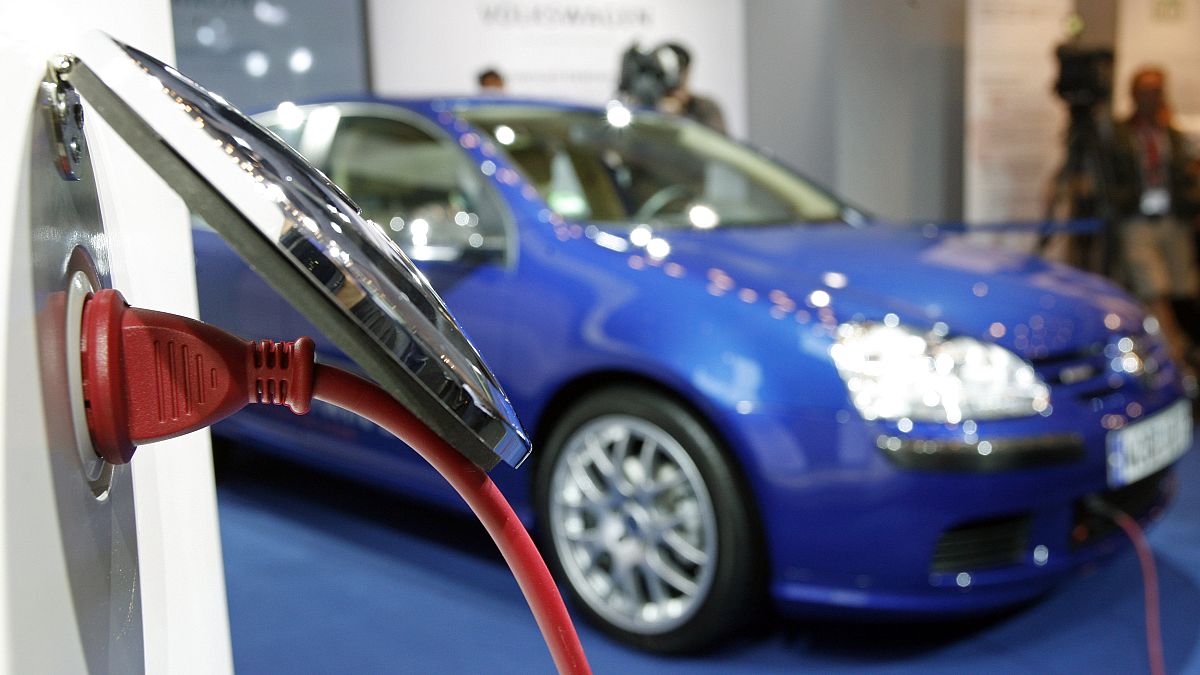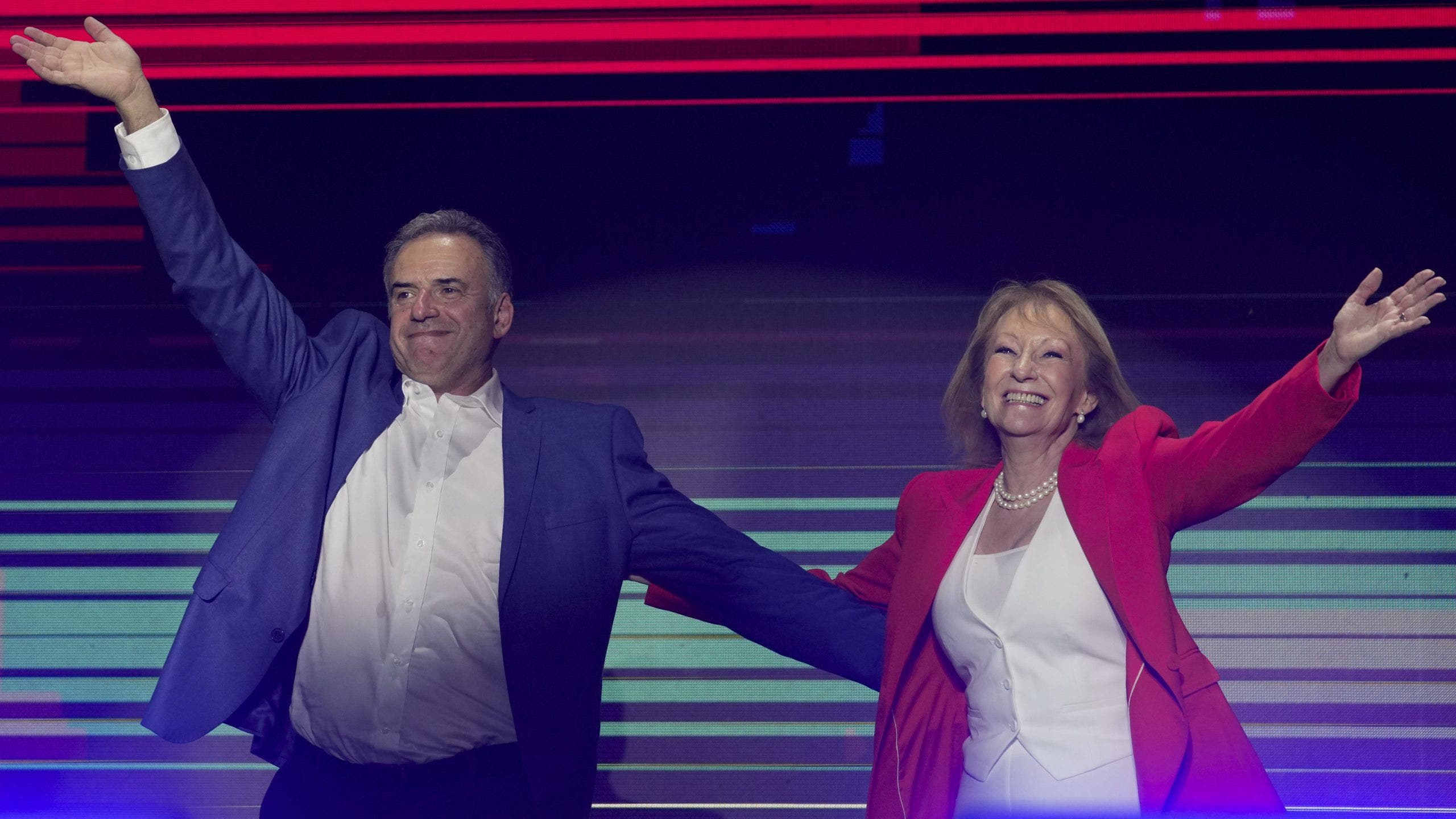This week’s key events presented by Euronews’ EU senior competition and trade reporter Peggy Corlin.
Key diary dates
- Tuesday 26 November: Commission presents the European Semester Autumn Package with overview of the socio-economic landscape, highlighting key priorities and risks.
- Wednesday 27 November: Presentation by Commission President Ursula von der Leyen to European Parliament pleanry in Strasbourg followed by election of the Commissioners.
- Thursday 28 November: European Court of Justice ruling in appeal of Hengshi Egypt Fiberglass Fabrics and Jushi Egypt for Fiberglass Industry v Commission/Jushi Egypt for Fiberglass Industry v Commission.
In spotlight
This Thursday the European Court of Justice rules on a case clarifying the concept of foreign subsidies which could reverberate as Europe enters a tricky era of trade with a Donald Trump administration looming.
The case is a challenge from a 2023 General Court finding which upheld a Commission decision on foreign subsidies under EU law.
That case saw the Commission apply countervailing duties in 2020 to imports of fabrics of woven and filament glass fibres originating from Egypt.
The case involved two manufacturers, operating in an economic zone in Egypt created by an agreement of the local government and China through Belt and Road Initiative. The companies were founded by two Chinese parent companies under Egyptian law, ultimately owned by the Chinese state.
The Commission deemed that those subsidies attributable to the Egyptian government – through tax concessions and favourable access to land – as well as the Chinese financial contributions to local Chinese companies in the zone, should be regarded as foreign subsidies by China and Egypt in a joint financial effort provided to the economic zone.
Both manufacturers, Hengshi Egypt Fiberglass Fabrics and Jushi Egypt for Fiberglass Industry, lodged an appeal before the General Court claiming that subsidies should be defined as those coming only from the territory of the country of origin or export, which was not the case with cross-border subsidies.
Last March the General Court supported the Commission’s decision, deciding that EU law did not exclude the case of cross-country subsidisation. In its view, the cooperation between Egypt and China was in any case extensive enough to attribute the financial support to both countries.
If Trump stays good to his word in imposing huge tariffs on incoming Chinese goods, then the likelihood is that more of those goods will find their way Europe-bound, many via new economic zones in places such as Egypt.
How the subsidies such companies receive are defined will play a critical role in any EU response to this development.
Policy newsmakers
COP interveners
The COP29 summit in Baku saw significant interventions from EU climate commissioner Wopke Hoekstra and Brazil’s climate envoy and lead negotiator Ana Toni. A keenly-awaited early draft agreement on climate finance was slammed by the head of the EU’s delegation to Baku, Hoekstra. “I’m not going to sugar coat it,” he told reporters in Baku, adding that it was clearly unacceptable. Later in the week Brazil’s chief negotiator, environment minister Ana Toni – representing the next COP host country – told Euronews that a second bid to strike agreement in the talks had come perilously late.
Policy Poll
Data brief
Read the full article here



:focal(1222x414:1224x412)/origin-imgresizer.eurosport.com/2024/11/25/4065778-82453208-2560-1440.jpg)

